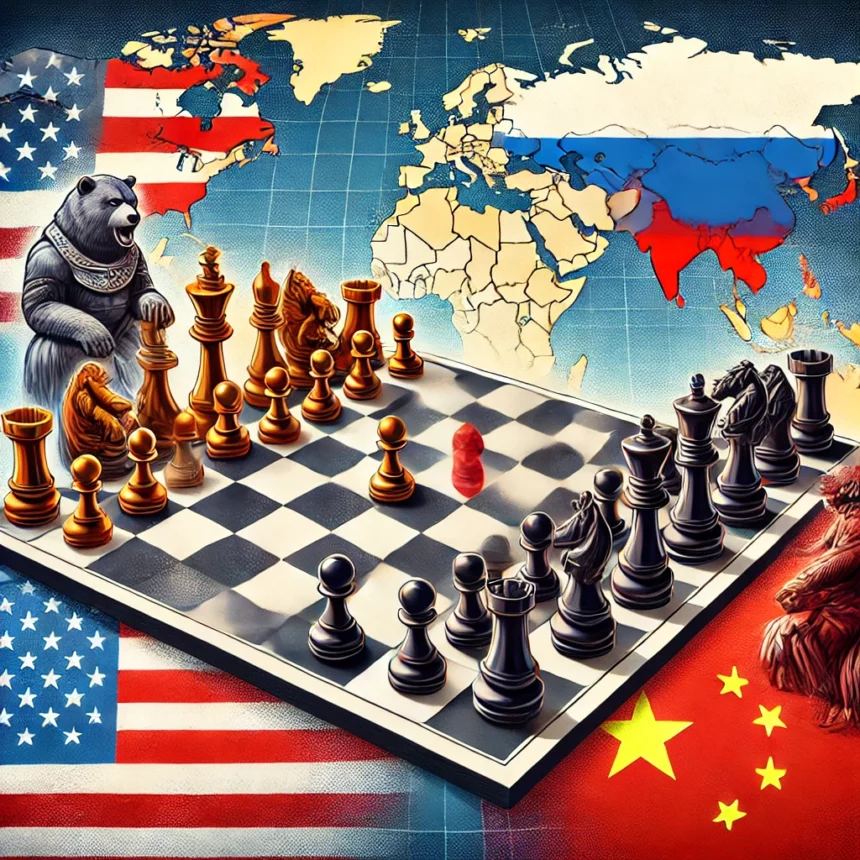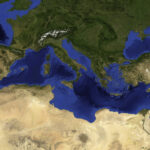Summary by Geopolist | Istanbul Center for Geopolitics:
When seen from the perspective of global geopolitics and regional security concerns like Taiwan, the relationship between Russia and China demonstrates a complex interaction of geopolitical, economic, and military factors. This is especially true when the relationship is viewed in the context of other countries. When seen against the backdrop of potential conflicts, such as one that involves Taiwan, the alliance, albeit being strong in a variety of domains, exhibits distinctive limitations and imbalances. This is especially true when the opposition is taken into consideration.
interrelationships between the fields of economics and marketing strategy In response to what they see to be hostile actions conducted by the United States, Russia and China have established a strategic alliance that is founded on the pursuit of their mutual interests. When they are challenged with hostility from the United States, both countries work together to support one another in geopolitical conflicts. Through economic relationships that are mutually beneficial to one another, this bond is strengthened. The manufacturing capabilities of China and the enormous natural resources of Russia are complementary to one another, and these relationships entail both of these factors. China is taking a cautious stance in order to avoid direct affiliation with Russian military actions in order to limit repercussions that are similar to those that are imposed by the United States. This is made more problematic by the environment of economic sanctions, which further complicates the strategic alignment at hand.
Even if it is significant, the military cooperation between the two countries exemplifies the cautious approach that both parties are taking. This is true in terms of both the military and the tactical components of the conflict. There is a clear avoidance of direct military commitments between Russia and China, despite the fact that both nations take part in cooperative military exercises and provide each other with defense plans when they do so. In high-stakes circumstances, such as a hypothetical conflict over Taiwan, this is especially true. Taiwan is a hypothetical territory. Especially in countries where it could directly threaten the United States of America, Russia continues to be apprehensive about overextending its military commitments that it has made. Russia has gained this understanding as a result of the lessons it has learnt from its previous experiences and the reactions of the international community to its activities that have taken place in Ukraine.
Concerns From a Geopolitical Standpoint Regarding Taiwan Regarding Taiwan An excellent illustration of a significant area of concern in which the interests and policies of Russia and China are diametrically opposed to one another is the subject of Taiwan. Russia continues to retain a strategic attitude of non-committalness regarding its direct engagement in any future military war that may occur between China and the United States regarding Taiwan. This is despite the fact that Russia recognizes Taiwan as a part of China, which is in accordance with the “One China” policy’s stance. On account of the potential repercussions that could arise as a result of such a clash, Russia is needed to adopt a careful approach. The United States of America and its supporters may respond with military measures and severe economic penalties as a result of these effects. Russia is currently engaged in a direct military battle with the United States, which has the potential to result in significant economic and military losses for all parties involved. The potential catastrophic hazards that could take place as a result of such an engagement are the driving force for this opinion.
Even though it is characterized by strong strategic and economic links, the Russian-Chinese alliance is characterized by a large degree of caution and restraint when it comes to military engagements that could lead to direct clashes with the United States, particularly in regard to Taiwan. This is the case despite the fact that the alliance is defined by strong strategic and economic links. A mutual understanding of the bounds of their cooperation serves as the governing principle for the partnership. In situations where geopolitical realities and potential global ramifications require a careful alignment, the relationship is regulated that way. The foundation of the connection is determined by this knowledge.
Read the full article here.







